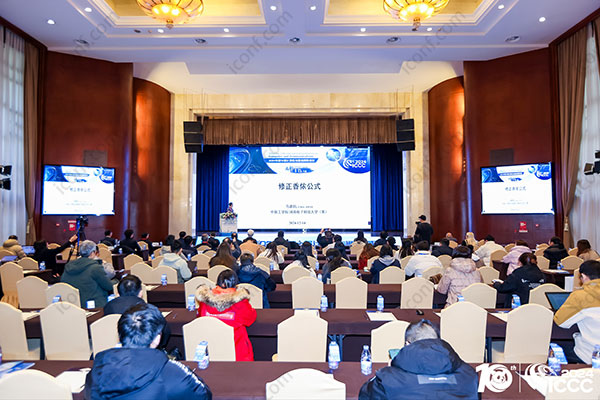

228 views||Release time: Jul 17, 2025
Publishing in academic conferences is a strategic step in advancing your research career. Whether you're a graduate student, postdoc, or early-career researcher, contributing to conferences enhances your academic visibility and opens the door to peer feedback, networking, and collaboration. If you're preparing for academic conference submissions in 2025, this comprehensive guide will help you navigate the process.

Academic conferences are platforms where researchers present their latest findings, exchange ideas, and build professional relationships. Unlike journal articles, conference papers often focus on emerging results, pilot studies, or novel methods. This format allows for faster dissemination and valuable early feedback from the research community.
The first step is identifying conferences that align with your field and research focus. Start your search at least 6 to 12 months in advance. Look for reputable conferences that are:
Peer-reviewed
Indexed in major databases (e.g., EI, Scopus)
Organized by recognized academic institutions or societies
One efficient way to explore upcoming opportunities is by using curated conference platforms like iconf.com, which aggregates verified, high-quality conferences across disciplines.
Each conference publishes a Call for Papers (CFP), which outlines the topics, submission requirements, deadlines, and review process. Read the CFP thoroughly to ensure your work is relevant to the theme. Pay close attention to:
Submission formats (full paper, abstract, extended abstract)
Template requirements
Important dates (submission deadline, notification, camera-ready submission)
Your paper should be clear, concise, and well-structured. Even if the conference accepts preliminary findings, reviewers will still assess technical soundness, originality, and relevance.
Tips for writing a competitive paper:
Follow the conference template strictly
Highlight your research question and contribution early
Use figures and tables effectively
Cite recent, relevant literature
Proofread for grammar, coherence, and clarity
Most conferences use submission systems like EasyChair, Microsoft CMT, or their own portals. Before submitting:
Create an account early
Double-check file format and size requirements
Ensure all metadata (title, author names, affiliations) is correct
Include keywords and abstract as required
After submission, your paper will be peer-reviewed. If accepted with revision, address reviewers' comments professionally and resubmit a polished version. A well-revised paper improves your chances of strong reception at the conference and possible inclusion in post-conference proceedings.
Once accepted, you’ll be required to present your work. Whether it's an oral or poster session, invest time in preparing:
A clear, engaging slide deck
A concise script with key messages
Practice sessions to improve delivery and timing
Some conferences also require a video recording in advance, especially for hybrid or virtual formats.
Beyond presenting, engage with other researchers, attend keynotes, and participate in discussions. These interactions can lead to collaborations and future research opportunities.
iconf.com is a reliable academic conference platform that helps researchers discover upcoming events across various fields. With detailed listings including topics, submission deadlines, and indexing status, it simplifies the planning and selection process, allowing you to focus on preparing your best work.
Publishing in academic conferences in 2025 is more than just writing a paper—it’s about strategic planning, clear communication, and academic engagement. By following the tips above and using platforms like iconf.com, you can ensure your submissions are timely, relevant, and well-prepared for maximum impact.